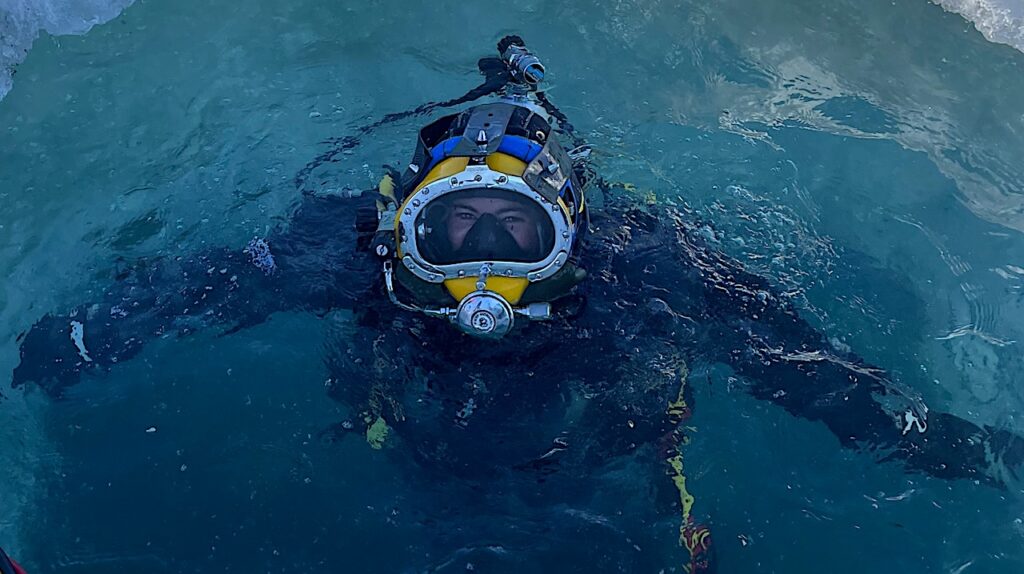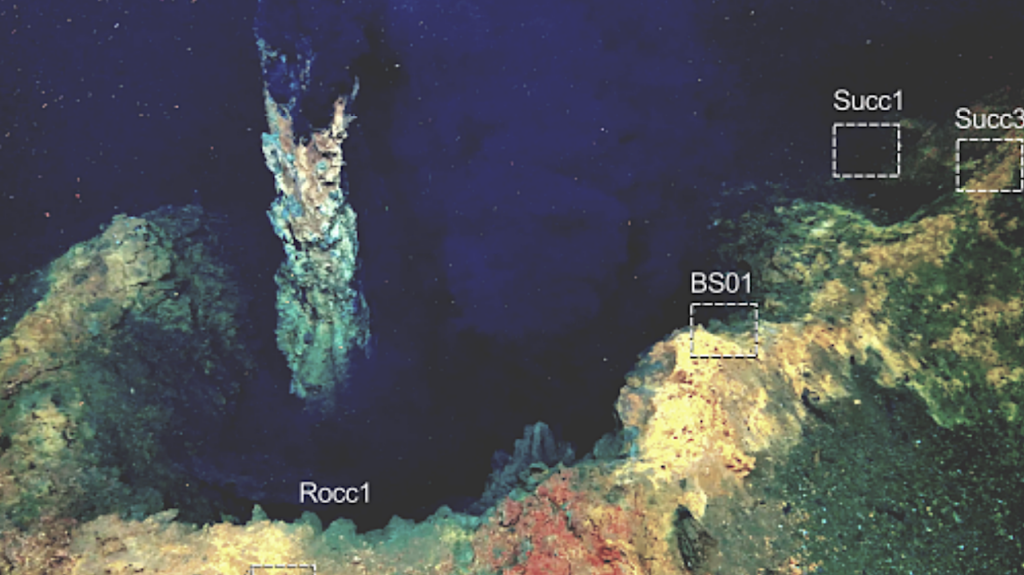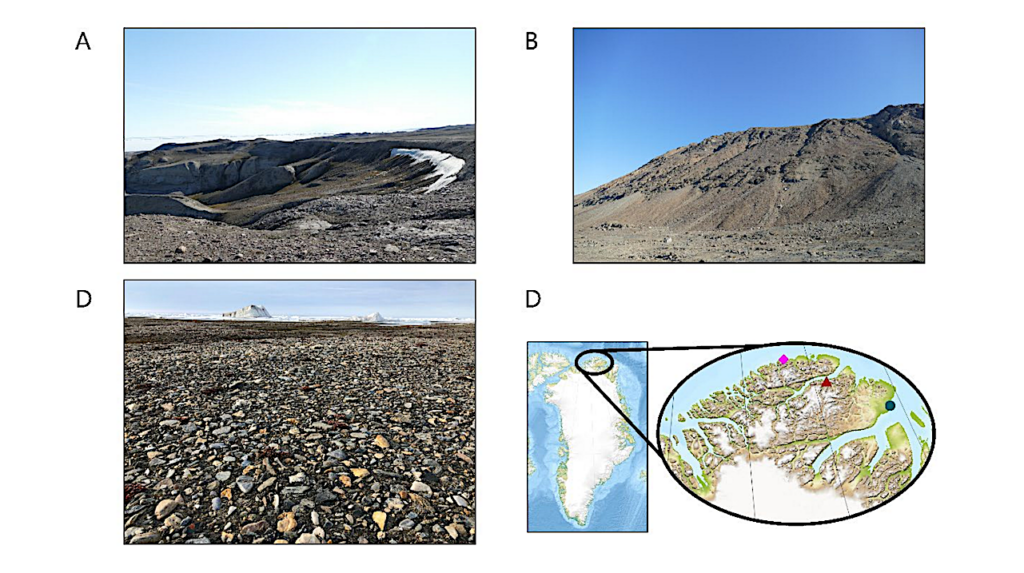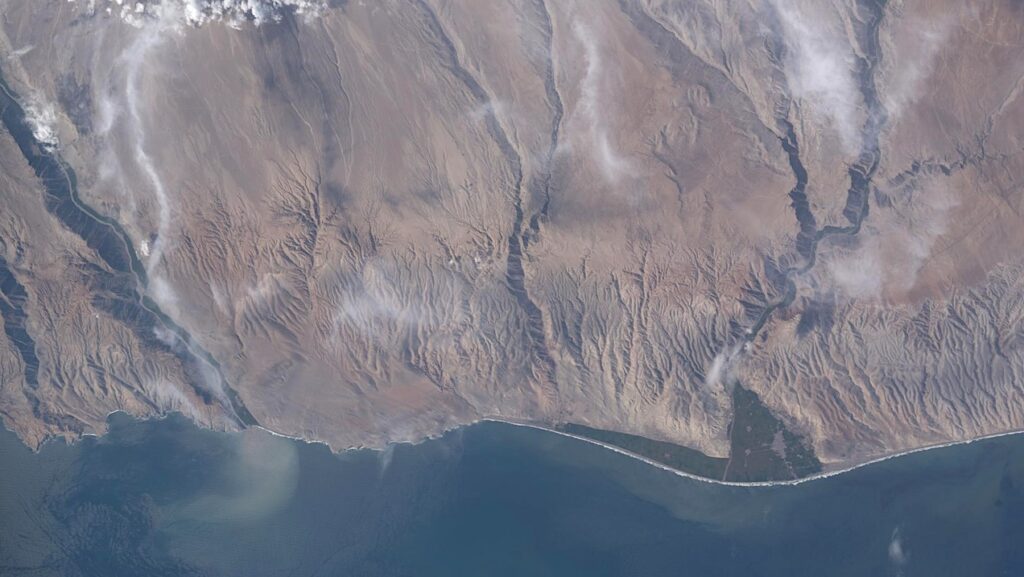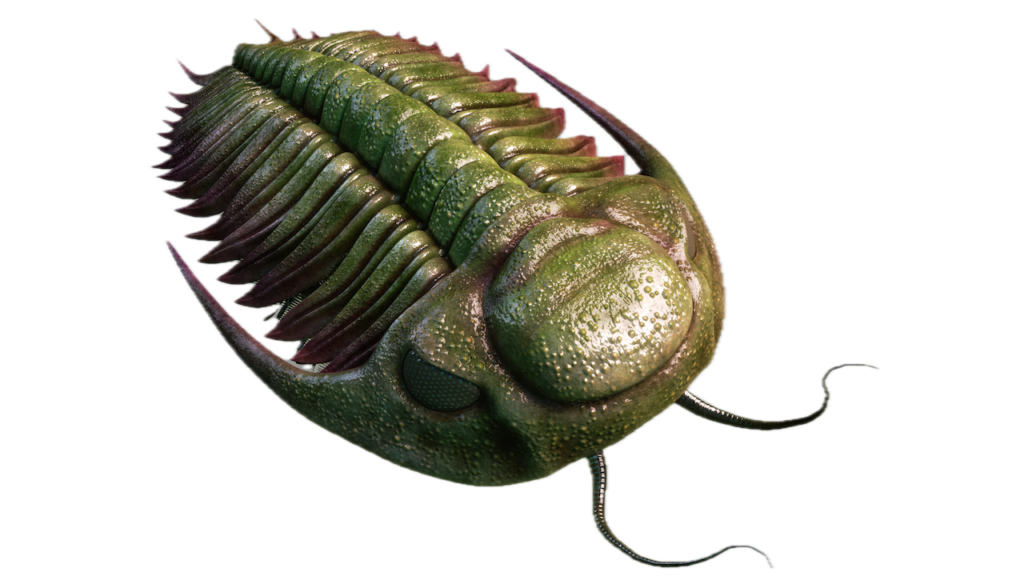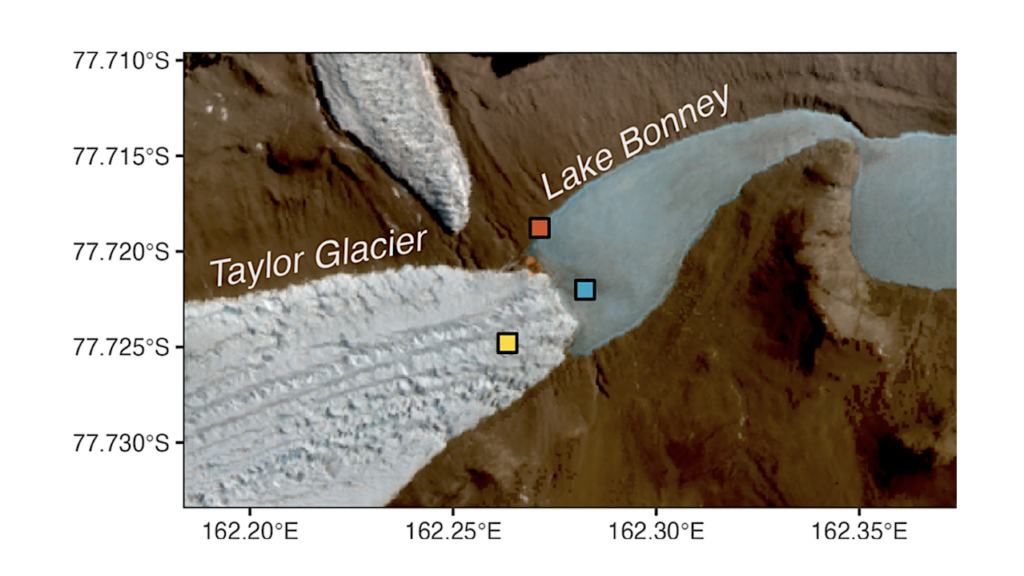Away Team Report: Schmidt Ocean Institute Scientists Confirm Underwater Mountains Harbor Abundant Life Off Chile’s Coast

An international group of scientists, led by Dr. Javier Sellanes of the Universidad Católica del Norte, may have discovered more than 100 new species living on seamounts off the coast of Chile. The recent Schmidt Ocean Institute expedition resulted in identifying deep-sea corals, glass sponges, sea urchins, amphipods, squat lobsters, and other species likely new to science.
The team explored seamounts along the Nazca and Salas y Gómez Ridge, both inside and outside Chile’s jurisdiction, to collect data that could support the designation of an international high-seas marine protected area. The Salas y Gómez Ridge is a 2,900-kilometer-long underwater mountain chain comprising more than 200 seamounts that stretch from offshore Chile to Rapa Nui, also known as Easter Island. The majority of the ridge exists outside national jurisdiction. Additionally, the scientists explored two of Chile’s marine protected areas, the Juan Fernandez and Nazca-Desventuradas marine parks.
During the expedition, scientists used an underwater robot, capable of descending to depths of 4,500 meters, to collect data from ten seamounts that will be used to advance Chile’s marine protection efforts. The scientists found that each seamount hosted distinct ecosystems, many of which are vulnerable, including thriving deep-sea coral reefs and sponge gardens. The scientists are analyzing the physiology and genetics of the specimens they suspect are new to science to confirm if they are new species.
Experts on board the ship mapped 52,777 square kilometers of seafloor, resulting in the discovery of four seamounts within Chilean waters. The fourth seamount, the tallest mountain at 3,530 meters, was explored for the first time, mapped, and unofficially named Solito by the science team.
“We far exceeded our hopes on this expedition. You always expect to find new species in these remote and poorly explored areas, but the amount we found, especially for some groups like sponges, is mind-blowing,” said Sellanes. “These thriving and healthy ecosystems indicate that the Nazca-Desventuradas and Juan Fernández Marine Parks effectively protect delicate marine habitats.”

A spiraling coral documented at 1419 meters deep on Seamount JF1, within the bounds of the Mar de Juan Fernández Multiple Uses Marine Protected Area off the coast of central Chile. — Credit: Alex Ingle / Schmidt Ocean Institute
A second expedition along the Salas y Gomez Ridge will begin aboard research vessel Falkor (too) on 24 Feb. Underwater dives will be livestreamed on Schmidt Ocean Institute’s YouTube channel as scientists explore areas deeper than 600 meters depth for the first time. Schmidt Ocean Institute will be operating in the Southeast Pacific, exploring the waters off Peru and Chile throughout 2024.
“Full species identification can take many years, and Dr. Sellanas and his team have an incredible number of samples from this amazingly beautiful and little-known biodiversity hotspot,” said Schmidt Ocean Institute Executive Director Dr. Jyotika Virmani. “ Schmidt Ocean Institute is a partner with the Nippon Foundation – Nekton Ocean Census Program, which has set a target of finding 100,000 new marine species in the next ten years and, once identified, these new species will be a part of that.”

Javier Sellanes (Chief Scientist, Universidad Católica del Norte) looks at multibeam mapping data beforedeploying the ROV. — Credit: Alex Ingle / Schmidt Ocean Institute
About the Organizations
Schmidt Ocean Institute was established in 2009 by Eric and Wendy Schmidt to catalyze the discoveries needed to understand our ocean, sustain life, and ensure the health of our planet through the pursuit of impactful scientific research and intelligent observation, technological advancement, open sharing of information, and public engagement, all at the highest levels of international excellence. For more information, visit www.schmidtocean.org.
Universidad Católica del Norte is one of the 13 universities certified for excellence in Chile. The Faculty of Marine Sciences is located in the Guayacán Campus at Coquimbo and has a long history of research in marine sciences, hosting three undergraduate and five graduate programs https://www.ucn.cl/facultad-de-ciencias-del-mar/. ESMOI, its Center for Ecology and Sustainable Management of Oceanic Islands (https://sites.google.com/ucn.cl/esmoi-ing/home), bases its work on 4 fundamental axes: 1) frontier research, 2) training of young scientists, 3) formation of national and international collaboration networks, and 4) connection with the national and international sectors. Its goal is to generate the scientific basis necessary for a strategy of sustainable management and conservation of marine ecosystems associated with seamounts and oceanic islands from Chile and the Pacific, contributing to the UN Sustainable Development Goals.
University of Texas Rio Grande Valley (UTRGV) was reimagined as a university for the entire Rio Grande Valley (Texas) in 2015. It is currently one of the largest Hispanic-Serving Institutions in the United States. Its mission is to transform the Rio Grande Valley, the Americas, and the world through an innovative and accessible educational environment that promotes student success, research, creative works, health and well-being, community engagement, sustainable development, and commercialization of university discoveries.
Universidad de Valparaíso aspires to be recognized as a regional, complex state institution, with international projection, inclusive, with a gender perspective, training people of excellence, with a social sense, that promotes equity, that cultivates and transfers innovative knowledge, with interdisciplinary perspective, which learns and contributes to the sustainable development of the region and the country.
CIIMAR is a leading research and advanced training institution of the University of Porto, focused on creating innovative ideas for the sustainability of the Ocean and finding solutions for the future needs of our society. Promoting the understanding and knowledge of physical, chemical, and biological dynamics of these environments and the impact of natural and human disturbances.
The University of Western Australia (UWA) strives to provide world-class education, research and community engagement for the advancement of the prosperity and welfare of our communities.
Astrobiology,


